Woolies, Coles ‘fake’ discounts spread across the supermarket, court documents allege
Woolworths and Coles fooled customers into buying everyday groceries by using fake discounts spanning almost every aisle of the supermarket, new court documents reveal.
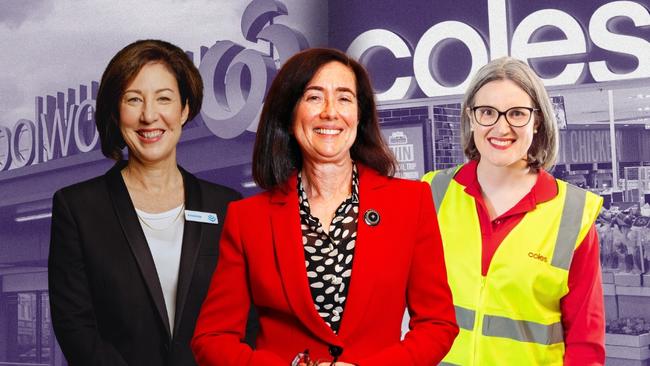
Business
Don't miss out on the headlines from Business. Followed categories will be added to My News.
Woolworths and Coles fooled customers into buying everyday groceries by using fake discounts spanning almost every aisle of the supermarket, from tampons and fly spray to pet food and even infant milk formula, which lured shoppers with misleading discounts as high as 39 per cent, new court documents reveal.
Items such as pet food, a popular range of Coca-Cola, Oreo biscuits and fly spray were offered by the supermarkets on discount when in fact they were still more than 29 per cent more expensive than the “regular price” that had featured on the supermarket shelf for as much as two years before.
The true breadth of the alleged conspiracy has been laid bare in fresh court documents obtained by The Australian that were lodged with the Federal Court by the Australian Competition and Consumer Commission, which paint a picture of fake or illusory discounts across dozens of food and grocery categories at both supermarket giants.
Raid night & day mozzi spray was the top of the “fake discounts” for Woolworths according to court documents lodged by the ACCC with its discount price actually 39 per cent above the regular price. Lucky Dog pet food had similar “fake” discounts that were in fact 33 per cent above the regular sale price, while Coca-Cola had discounts 28 per cent above the regular price. Other items such as Oreo biscuits were 29 per cent above the actual cost, with the regulator detailing the journey each supermarket retailer took to pump up shelf prices and then reduce them only slightly in order to tempt the shopper with what they thought were genuine discounts.
Both supermarkets, the regulator has alleged, inflated shelf prices and then later offered discounts which were in fact still more expensive than the average selling price in the year or years before - advertising them as real savings when in fact they were not.
In meticulous detail, the ACCC has provided to the court the unfolding alleged conspiracy perpetrated by both Woolworths and Coles that roped in more than 250 standard food and grocery items that most Australians would put in their baskets. The shopping list of fake discounts covers dozens of categories, such as dairy, pet food, personal care, medicine, coffee, confectionery, snacks, breakfast cereal, pasta, household cleaning and soft drinks.
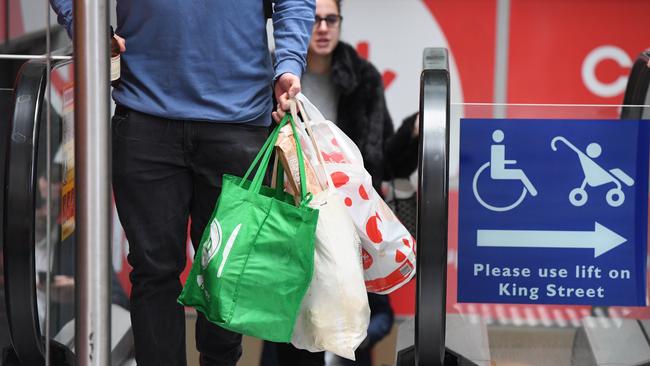
In a case that seized public attention and threw a spotlight on the way the heavyweight supermarkets price and promote products on their shelves, the ACCC mined pricing data, social media and evidence provided by ordinary shoppers to work up their case against the twin retailers.
Lemonade was marked up by about a third by each retailer from its original price - one of the highest percentage mark-ups both supermarkets were accused of - despite claims it was discounted.
Coles advertised a two-litre bottle of Sprite for $2.35 for about one year until February 2022. The cost then increased to $4.40 for about one month to late March, and was then advertised as a “down down” discount for $3 for a year afterwards, producing an actual increase in price of 33 per cent.
Across a nearly identical time period, Woolworths was accused of marking up the price by 34 per cent but advertising the same product - a two-litre bottle of lemonade – under the “prices dropped” promotion.
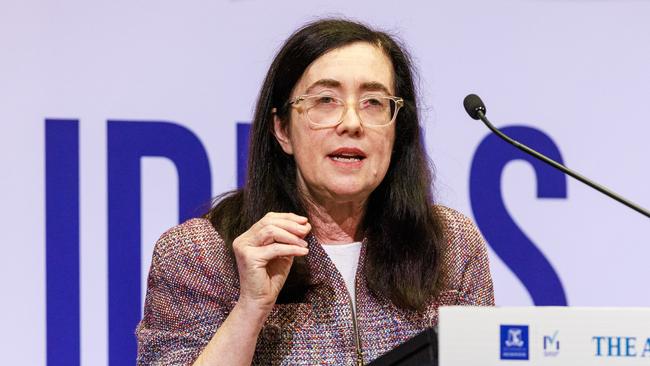
Coles also advertised a 200g packet of Robert Timms coffee for $8, before increasing the price to $12.40 during a “price spike period”. The cost of the product was then dropped to $10.70 under a “Down Down” promotion, which was actually a 34 per cent increase on the original price.
Similarly, Coles advertised at $6 under the “Down Down” promotion, but this was actually a 33 per cent increase on the original price.
The ACCC first launched their blockbuster cases against the supermarket giants in late September, after an investigation that relied heavily on tips from consumers but also social media sleuths conducting their own probes by mining pricing data.
The competition watchdog launched one case each against Coles and Woolworths in the Federal Court, alleging they breached Australian Consumer Law by “misleading consumers through discount pricing claims” on the products.
It was alleged groceries were sold at Woolworths and Coles at regular long-term prices, which remained the same, excluding short-term specials, for at least six months and in many cases for at least a year.
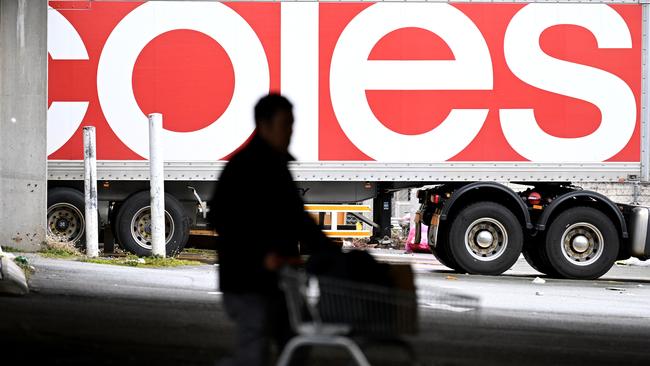
The products were then subject to price rises of at least 15 per cent for brief periods, before being placed in Woolworths’ “Prices Dropped” promotion and Coles’ “Down Down” promotion, at prices lower than during the price spike but higher than, or the same as, the regular price which applied before the initial spike.
It has been alleged Woolworths applied the “fake” promotion to 266 products across 20 months between September 2021 and May 2023, while the ACCC claimed Coles falsely discounted 245 products across 15 months between February 2022 and May 2023.
For contraventions from November 10, the maximum available penalty is $50m, or 30 per cent of the corporation’s adjusted turnover during the period of alleged breaches.
The ACCC has not accused the ASX-listed companies of colluding to falsely pump up and then discount prices together. The regulator does not allege anti-competitive conduct.
ACCC chair Gina Cass-Gottlieb said in September when the court case was unveiled that Coles and Woolworths discounts “were, in fact, illusory”.
“We also allege that in many cases both Woolworths and Coles had already planned to later place the products on a ‘Prices Dropped’ or ‘Down Down’ promotion before the price spike, and implemented the temporary price spike for the purpose of establishing a higher ‘was’ price,” she said.
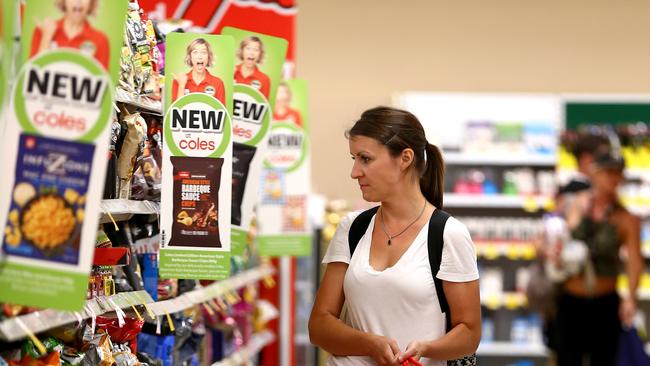
The ACCC court case came in the wake of a Greens-led Senate inquiry into the supermarkets, a separate ACCC inquiry as well as other investigations by the ACTU and state governments which have all amounted to considerable political pressure on Woolworths and Coles as well as some consumer backlash.
Woolworths said in a statement after the ACCC case was launched that it would carefully review the claims made by the ACCC and “continue to engage with the ACCC on the matter.” Coles said it would defend the proceedings.
Originally published as Woolies, Coles ‘fake’ discounts spread across the supermarket, court documents allege


